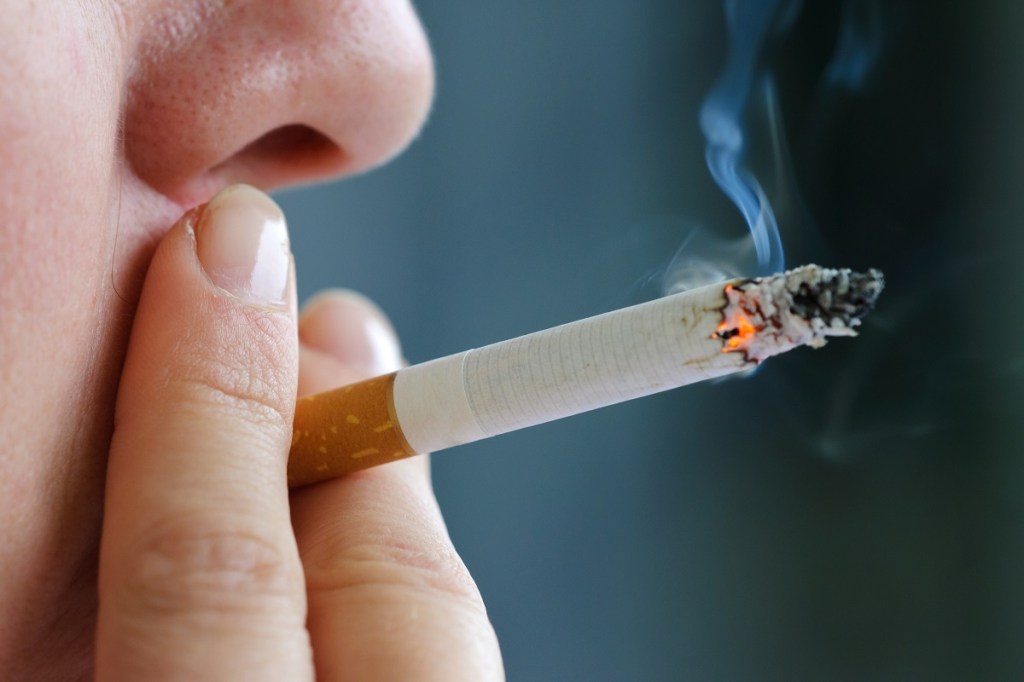New Zealand has introduced new legislation that bans those aged 14 and under from ever legally buying tobacco products.
The legislation is part of New Zealand’s Smokefree 2025 Action Plan. Associate Minister of Health, Dr Ayesha Verrall said the launch of the plan was an historic day for the health of New Zealand’s people.
“We want to make sure young people never start smoking so we will make it an offence to sell or supply smoked tobacco products to new cohorts of youth. People aged 14 when the law comes into effect will never be able to legally purchase tobacco.”
Included in the plan is the attempt to reduce the appeal, addictiveness, and availability of smoked tobacco products by allowing only the sale of very low-level nicotine products, and a significant reduction in the number of shops that can sell them.
Dave Hooker, Executive Director of the New Zealand Association of Convenience Stores (NZACS), said that a number of the Government’s Smokefree regulatory proposals have the potential to punish smokers and will inevitably drive black market trade while hurting small business.
“The reduction of retailers from around 5,000 to 500 would be devasting to thousands of our retail fuel and convenience group stores. These are mainly independent NZ family businesses that are well organised, exceptionally compliant, and have been selling tobacco responsibly for decades.”
NZACS recommends the priority be on reducing demand first, to minimise the risk of an exponential black market tobacco trade.
“We are deeply concerned that thousands of existing responsible retailers, such as the organised convenience sector, will lose tobacco revenue and associated footfall, with no financial support from the Government.”
The 2021 New Zealand budget also provided $36 million NZ for health promotion programmes, scaling up stop smoking services and for Pacific health providers so they can tailor support for Pacific communities.
“Alongside policies in the action plan that will become law, practical support measures for smokers are also being prioritised. Preventing people from starting to smoke and helping those who smoke to quit means we are covering both ends of the spectrum,” said Verrall.

